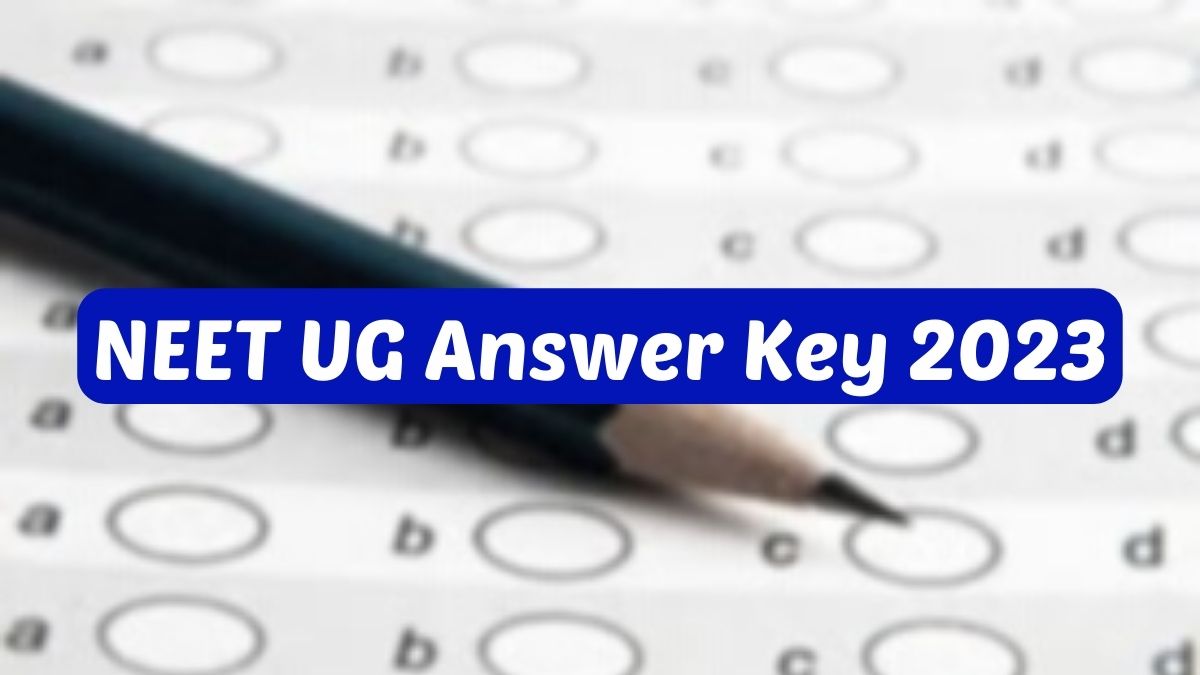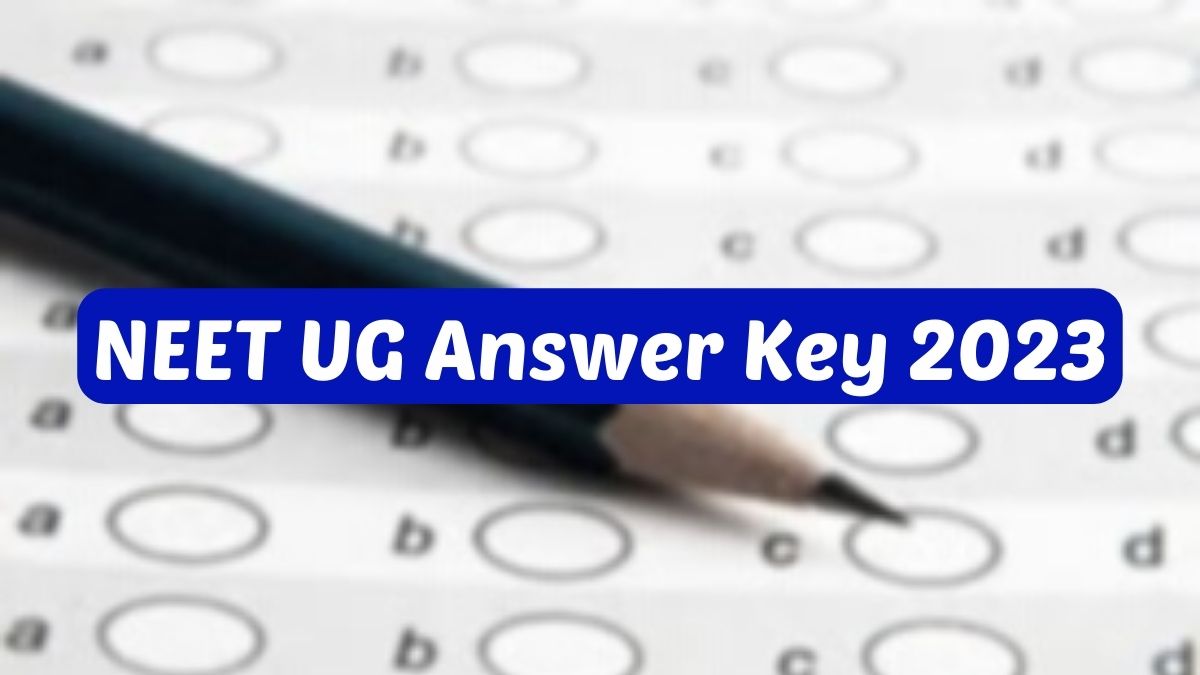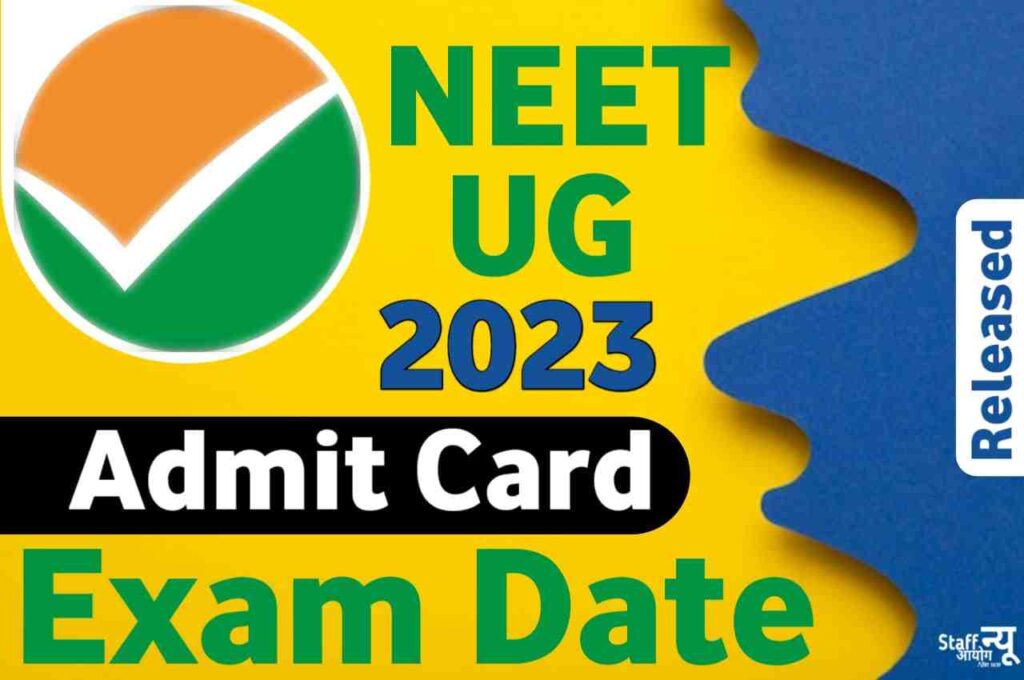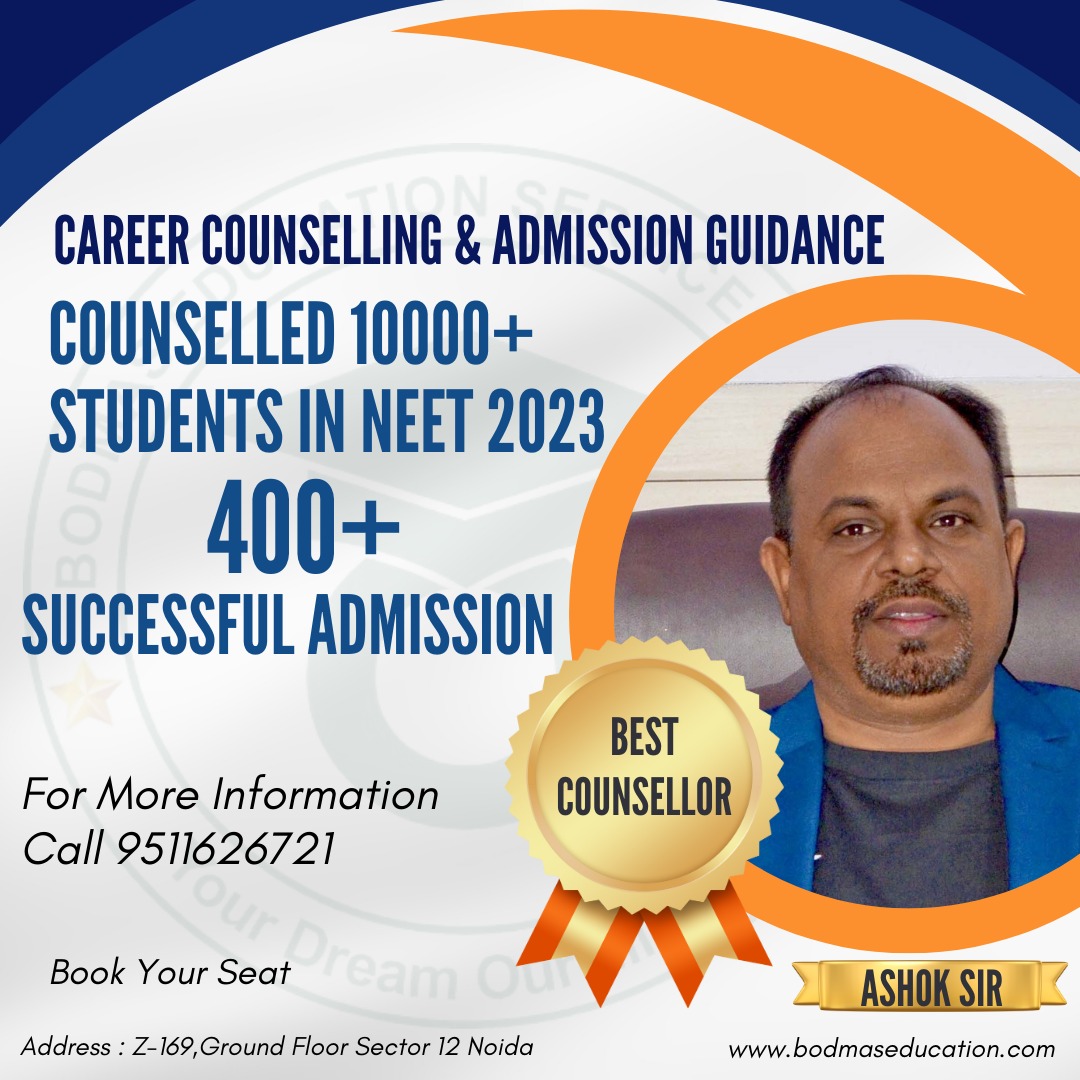Understanding NEET Scores, College Options, and Expert Counseling
Congratulations on making a crucial step towards a career in medicine if you recently passed the NEET exam! But at this point, it’s normal to have a lot of queries and worries. Your parents could be concerned as well since they want you to go into the best college possible depending on your NEET score. It’s essential to comprehend your score, budget, and available options in order to make wise decisions. Here, the advice of a qualified counsellor is important. The significance of NEET certification, various career pathways, the value of professional counselling, and college selection based on your budget will all be covered in this article.
1. Understanding the Importance of NEET Qualification
1.1 Qualifying for MBBS and Related Programs
NEET eligibility is a need regardless of the exact programme you want to enroll in, such as MBBS, BMS, or veterinary studies. In India, the entrance exam for medical school is called NEET. It makes sure that students attain the minimal requirements needed to pursue a medical study and career. Therefore, it’s crucial to recognise the value of NEET certification and how it may affect your job choices.
1.2 Alternative Career Options
It’s important to think about alternate career possibilities in case you don’t qualify for NEET. You have a variety of possibilities, including physiotherapy, naturopathy, science, nursing, and paramedical courses. These professions offer fulfilling employment options and let you make significant contributions to the healthcare sector. You may make wise selections regarding your future by comprehending and investigating these options.
2. The Role of Expert Counseling
2.1 Importance of Expert Opinion
Seeking the advice of a qualified counsellor is highly advised if you want to make educated decisions about your college choice and career plan. A knowledgeable counsellor is intimately familiar with the admissions procedure, various universities, and the most recent advancements in the industry. Their knowledge can guide you through the difficult decision-making process and offer individualised advice catered to your unique needs.
2.2 Professional Consultation and Analysis
Understanding that thorough investigation and counselling take time and effort is crucial when seeking expert advice. Expert counsellors can therefore charge a fair price for their services. Free counsel can not always be trustworthy because it could have hidden agendas or lack the essential knowledge. Professional counsellors can be relied upon to be completely open and honest about all aspects of education, including costs, hostels, bonds, and bank guarantees. Choose professional counsel and assistance for recommendations that are trustworthy and unbiased.
3. College Selection and Budget Considerations
3.1 Understanding Eligibility
Understanding the requirements for various universities and states is essential. Your eligibility for admission is determined by your residence and the All India Quota laws that are specific to each state. You may reduce the number of options you have by learning about and comprehending these requirements. You’ll also prevent needless confusion during the application process.
3.2 Planning and Affordability
Finding a college that fits your budget and is affordable is yet another crucial decision. Your options for colleges will be heavily influenced by your NEET score. An expert counsellor can offer insightful information about universities that fit your budget and test score by consulting with you. Having a clear roadmap for your future and making reasonable decisions are both ensured by planning appropriately.
Finally, passing the NEET exam is essential for enrolling in medical degrees including MBBS, BMS, and veterinary education. If you are not eligible, it’s equally crucial to look into alternate professional possibilities. Understanding your options, making wise selections, and ensuring a smooth college choosing process all depend heavily on seeking professional counselling. In order to discover the institution that best suits your goals and financial situation, it is crucial to take into account eligibility requirements, affordability, and individualized guidance.
FAQs (Frequently Asked Questions)
- Can I pursue medical courses without qualifying for NEET?
While NEET is mandatory for traditional medical programs, several alternative career options are available for those who are unable to qualify. Fields like Physiotherapy, Naturopathy, Science, Nursing, and Paramedical courses offer promising career prospects.
- Why is expert counseling important for college selection?
Expert counselors possess extensive knowledge of the admission process, colleges, and changing trends. They can provide personalized guidance, analyze your options, and help you make well-informed decisions.
- Are colleges transparent about expenses and other details?
Expert counselors ensure transparency by providing comprehensive information about expenses, including hostel fees, bonds, and bank guarantees associated with specific colleges.
- Can I seek expert opinion for college selection?
Absolutely! Seeking expert opinion and professional consultation is highly recommended to gain insights into the best college options according to your budget and NEET score.
- How do I ensure my eligibility for college admissions?
It’s crucial to understand the eligibility criteria specific to your domicile state and All India Quota. Researching these criteria will help you determine the colleges where you are eligible for admission.

















